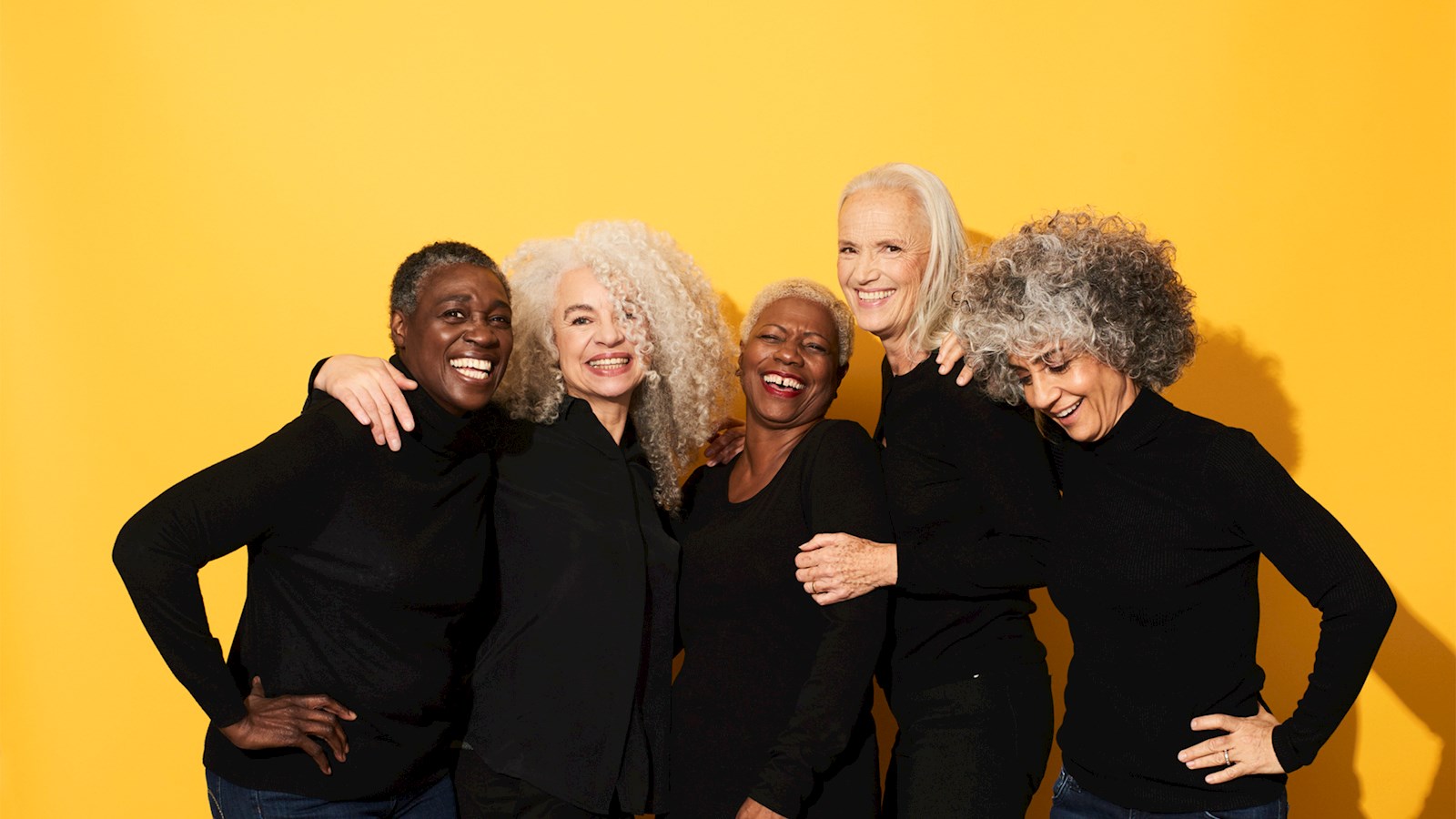
Elastic Generation: the female edit
It’s time for brands to take age out of the equation and ditch stereotypes of women and life past 50
J. Walter Thompson’s The Innovation Group published The Elastic Generation report in 2015.
The report turned the spotlight on a much-misunderstood group of British people in their 50s and 60s that they believed merited greater attention from brands. Increased longevity and unprecedented financial clout, combined with a refusal to grow old the way their parents had, made them “a force to be reckoned with.”
Three years on, they are revisiting the Elastic Generation, this time turning their focus on the UK’s women. Among what is still an emerging group, these women are setting the precedent.
What did they find? Almost two-thirds of the female panel say they are enjoying life more than ever nowadays. These women are defined by their confidence and authenticity: eight out of ten say they care less now what others think of them than they did in their younger years, while 68% say they are more outspoken than they used to be. As the trends will reveal, they are active, engaged and involved: pillars of family, community and society.
They’re living their lives to the full, not slowing down or withdrawing. So it’s a bitter irony that more than half of the women we polled should also feel that their age now makes them invisible to society.
Accepted wisdom gives a very different picture of their lives, one that assumes infirmity and incompetence. George Lee, co-founder of the organisation The Age of No Retirement, describes a “narrative of decline” that dogs those over 50, characterised by “isolation, poverty, dementia and technological illiteracy”.
When it comes to communications, brands are missing the mark. Back in 2015, our panel told us that it seemed all brands want to talk to them about is the end of life and physical decline: stairlifts, funeral plans and hearing aids. Their feelings today have not changed. The two words women choose to describe advertising aimed at them? “Patronising” and “stereotyped”. As a result, 72% say they pay no heed to advertising. Nine out of ten say they would just like to be treated as a person, not a stereotype.
68% say they are more outspoken
72% say they pay no heed to advertising
Elastic Generation women are hitting their 50s, 60s and even 70s and realising they might have decades of life left. They are living according to how they feel, rather than how they ought, whether that means divorcing or dating, travelling or starting a business. As decision-makers, entrepreneurs, caregivers and creators, Elastic Generation women continue to push the boundaries and upend the status quo. Ever the generation of rebels, they are reinventing life past 50, as they forge the path others will follow.
In the future, ageless living will become the norm for all of us, as continuing advances in longevity make extended healthy lives a reality. The women of the Elastic Generation are at the vanguard of this change, which is creating possibilities for brands to better meet their needs and support their ambitions.
The 2018 Elastic Generation: The Female Edit report aims to uncover these rich new opportunities by shining a light on this complex and diverse group. J. Walter Thompson has identified a number of trends that reflect the multi-faceted nature of Elastic Generation women. While every woman is an individual, these are helpful themes and territories to start building understanding. And they point to enormous potential for innovation by brands that welcome and engage women in this group. From fashion to finance, from healthcare to leisure, brands in a multitude of categories have much to gain by thinking elastic.
Read the report in full on jwtintelligence.com
published on
16 August 2018
Category
More in Communications

How to build your brand in-game
A new research report from WPP and SuperAwesome

Mechanisms that Matter – Inside our partnership with Audible
How do you take a huge client like Audible from 22 agencies to one thriving networked team?

Healthcare communications – diverse, dynamic & different
Communicating about health and healthcare in APAC requires a nuanced and balanced approach

